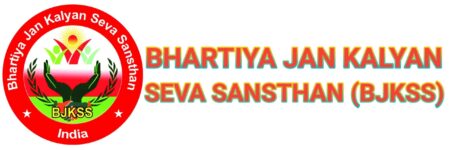Detail about Our Activities
Disaster Risk Reduction Programme
DISASTER RISK REDUCTION PROGRAMME
Disaster Risk Reduction
The majority of disasters in India are hydro-meteorological in nature, with droughts still affecting the largest number of people and floods occurring frequently along the major river systems and water logging in many urban areas. Though, other natural and manmade disaster cannot be ignored. BJKSS specific activities include participative vulnerability and capacity analysis (PVCA),hazard mapping, multi-hazard risk assessments, community-based disaster risk reduction, planned relocation, resilient livelihoods development, early warning systems, DRR policy and strategy, disaster preparedness and hazard-informed emergency response. Our activities focus on “build back better” goals such as recovery and reconstruction through integration of DRR measures into the restoration of physical infrastructure and societal systems, and into the revitalization of livelihoods, economies and the environment
ACTION TO COMBAT CLIMATE CHANGE & RELATED SHOCKS
Climate change & natural disasters pose a key challenge to sustainable development. Climate change is impacting the natural ecosystems & is expected to have substantial adverse effects in India, mainly on agriculture on which 58 percent of population still depends for livelihood. It has also increase frequency of natural disaster such as flood, droughts & cyclones. Vulnerability to climate change & natural disasters also has a strong linkage with poverty to create multiple stress over the stresses that already exist.. BJKSS focuses on strengthening resilience & adaptive capacity to combat climate change & natural disasters.

